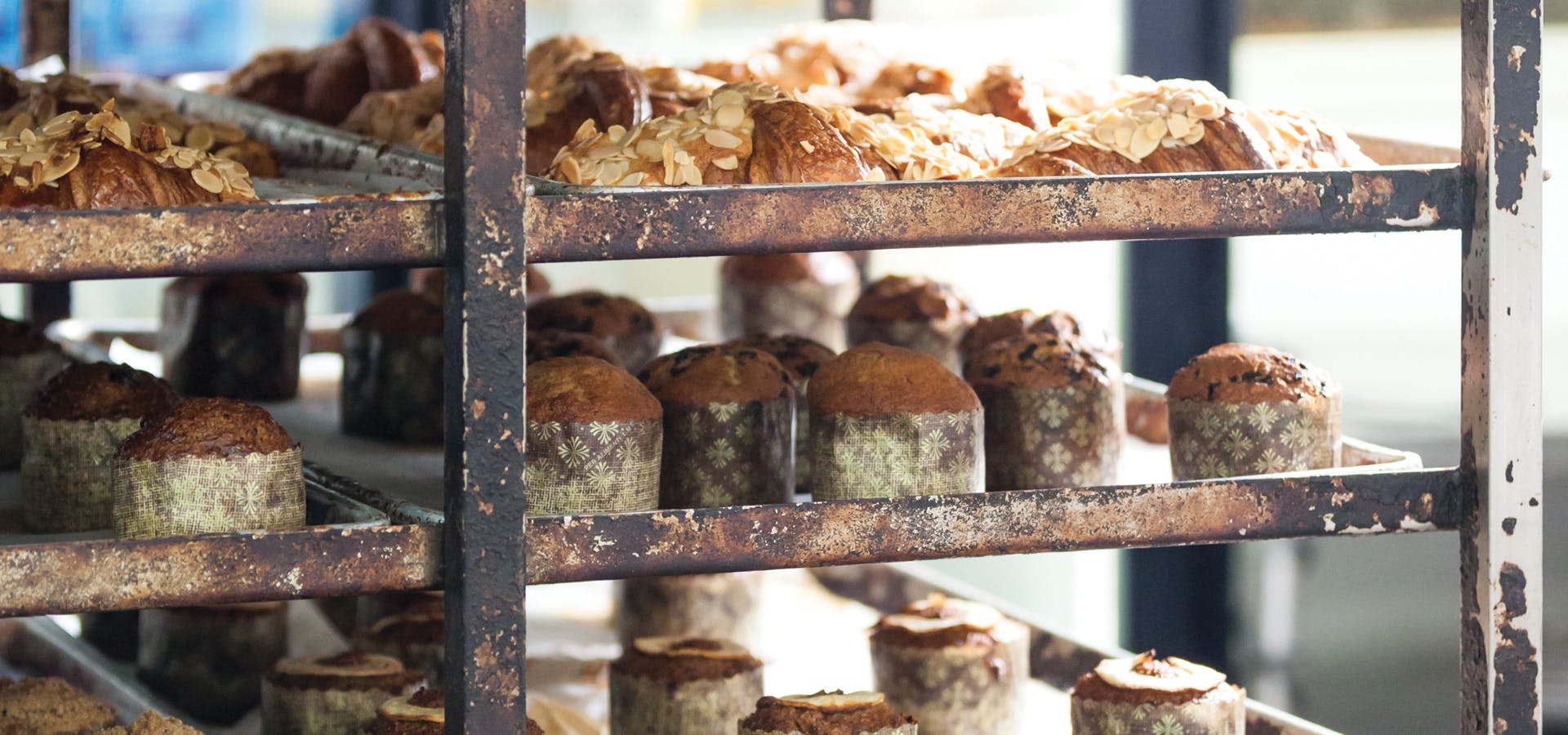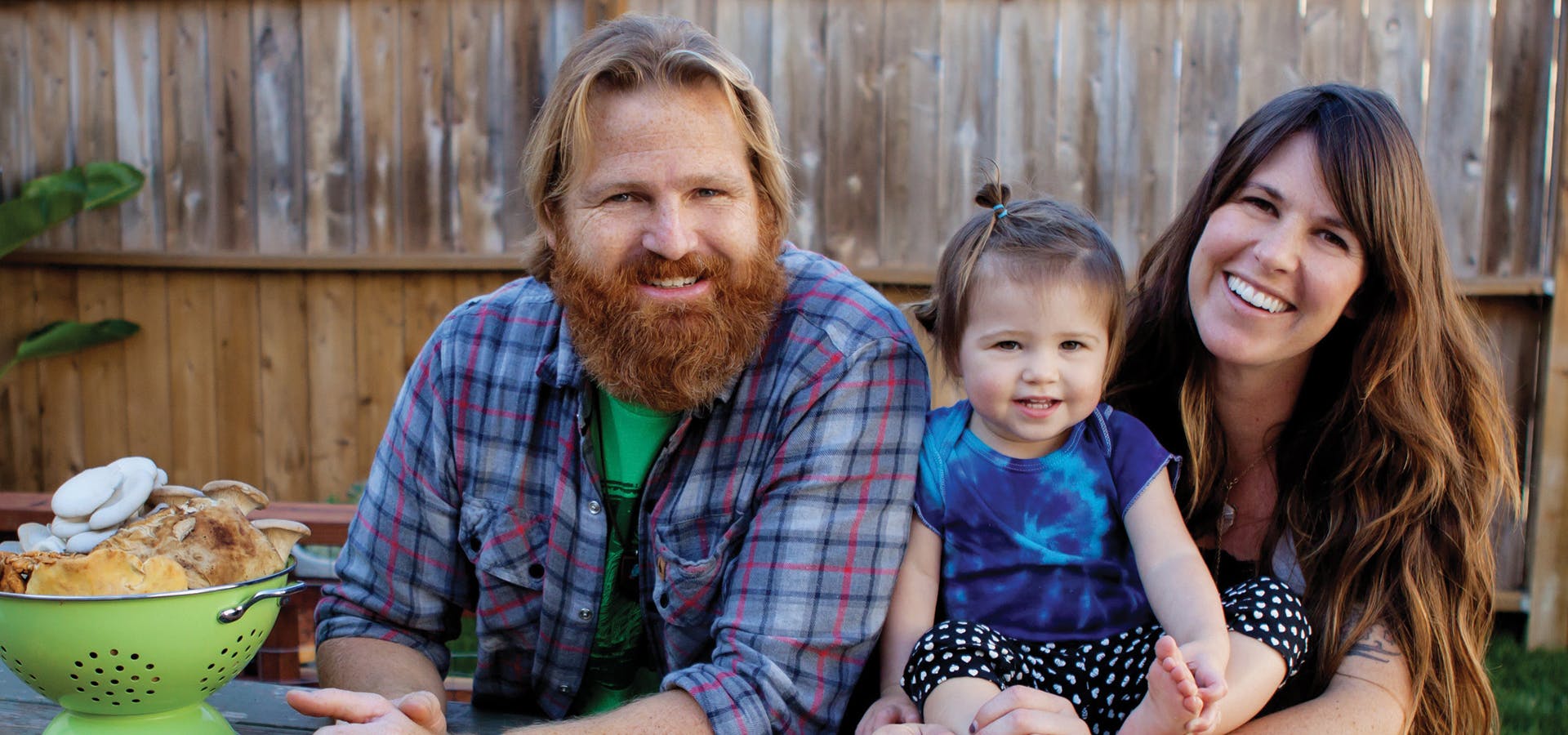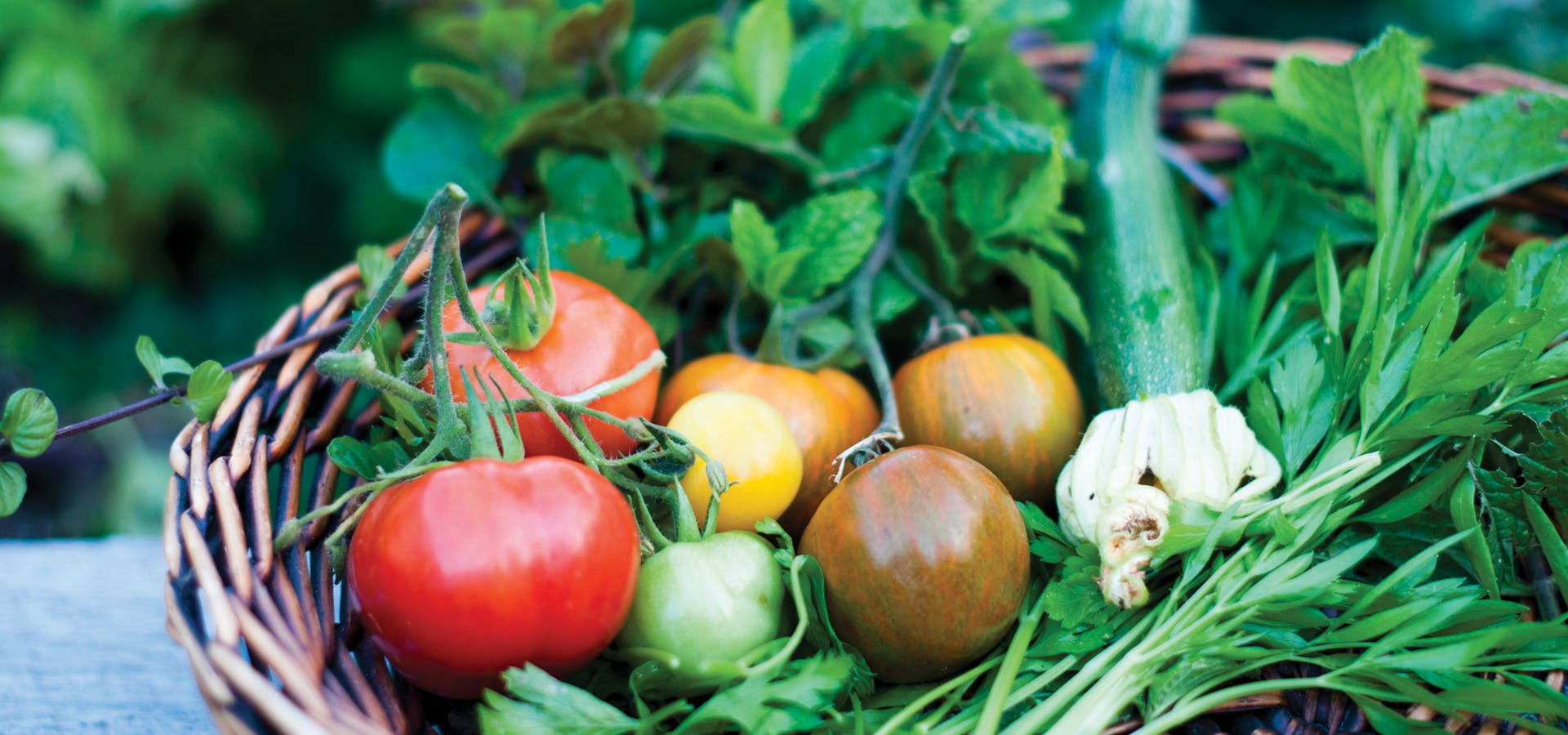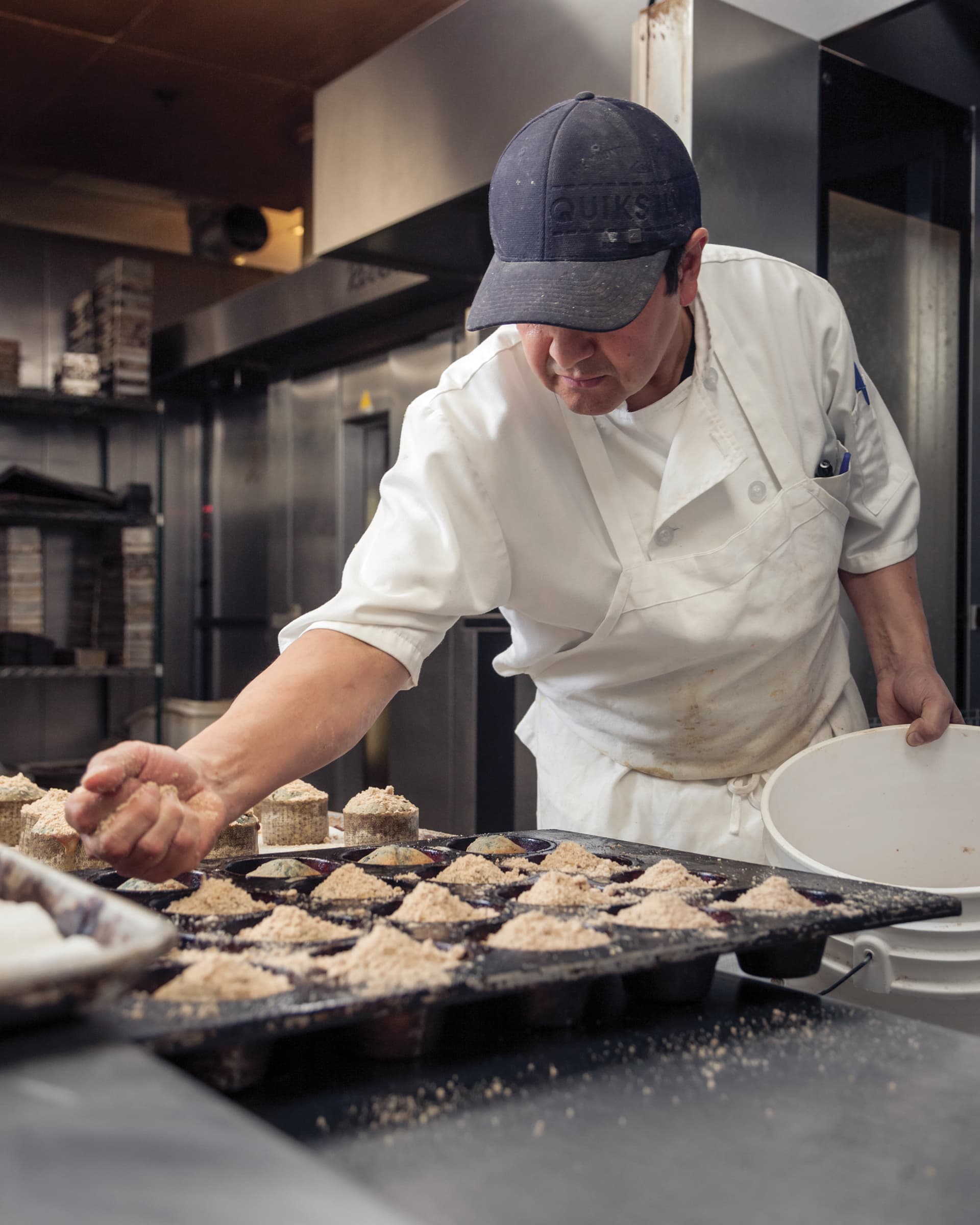
“It’s the best kept secret,” explains Ali Chalabi, co-owner of Breadbar—a business he started in 2004 because he recognized a demand for good bread here. Ali welcomes about 100 retail customers a day, one of whom half jokingly voices her concern about this story getting the word out.
The bakery operates daily, while the storefront is open six days a week. On Sundays Breadbar can be found at the farmers markets in Hermosa Beach and Manhattan Beach, where they also offer a few gluten-free products. (Wholesale gluten-free products are on the horizon.) In total, Breadbar is present in 22 farmers markets across LA County, Orange County and Ventura County and is also available for sale on Amazon.
These markets are where most of the customers learn about the retail storefront, explains Ali, who asserts his love for the neighborhood he’s serviced for 12 years. “People know us very well [here].”
Others find out through word of mouth or are referred when they ask restaurants where the bread is from. And that’s a lot of restaurants! The wholesale bakery services 300 clients stretching from LA to Santa Barbara all the way down to San Diego.
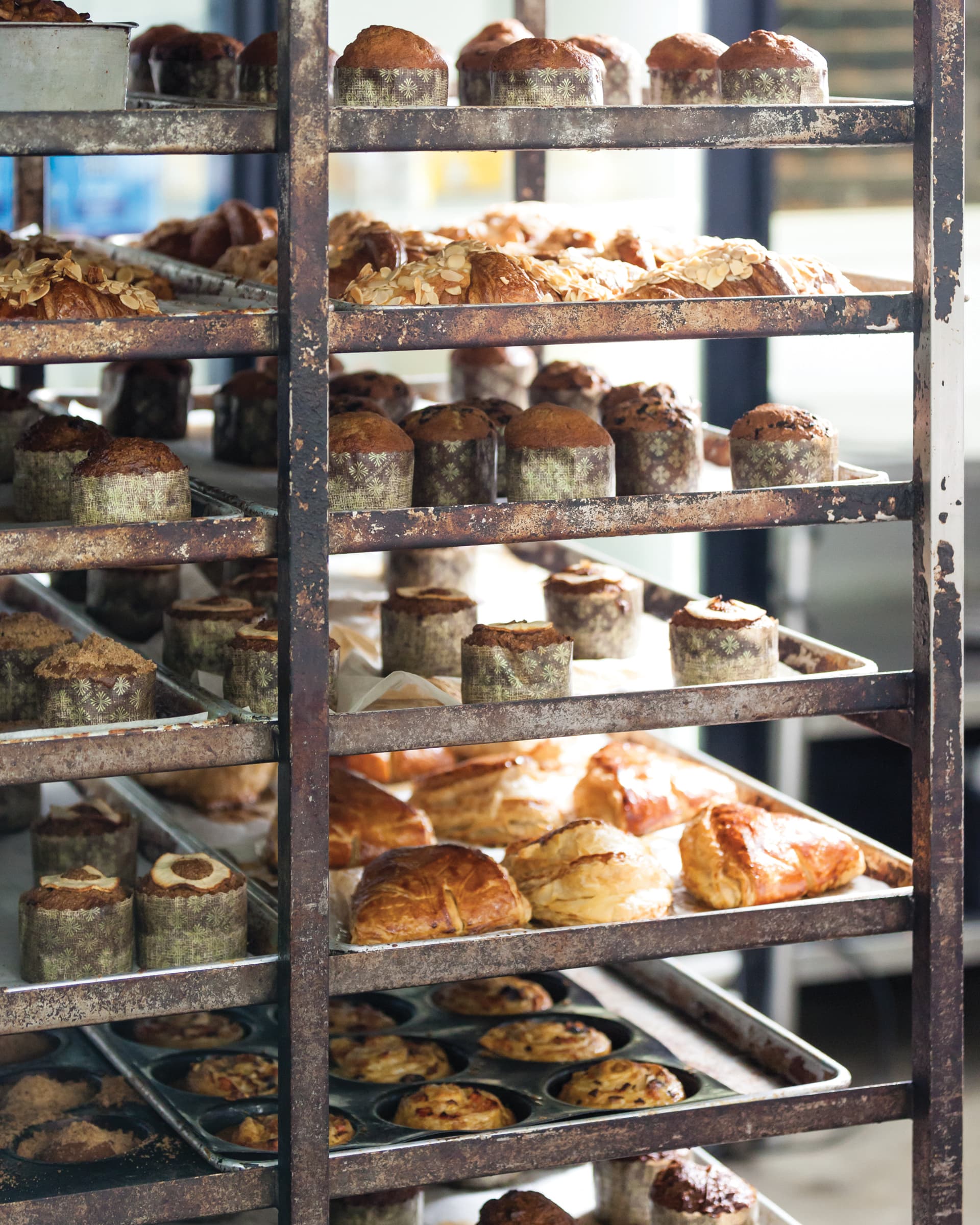
Among them is the deli section of all of the Whole Foods across LA, which uses the artisanal breads for their sandwiches. Others include Simmzy’s in Manhattan Beach, Four Seasons hotels and Ritz-Carlton hotels. “We don’t advertise,” says Ali matter-of-factly, “but people come.”
This wasn’t the model Ali envisioned when he first opened. “We invested in this facility, but we had no customers,” he says laughing.
Ali’s plan was to open retail stores for his brand. Instead people started trickling in, and he started to meet with chefs and convince them that he had a good product. He explains that, at the time, the only distribution competition he had was La Brea Bakery. “Everybody else came after us,” he says.
Over time Ali closed the restaurants of the same name and turned his focus on producing the best bread. One Breadbar restaurant remains in Century City, but he is in the process of shutting those doors too.
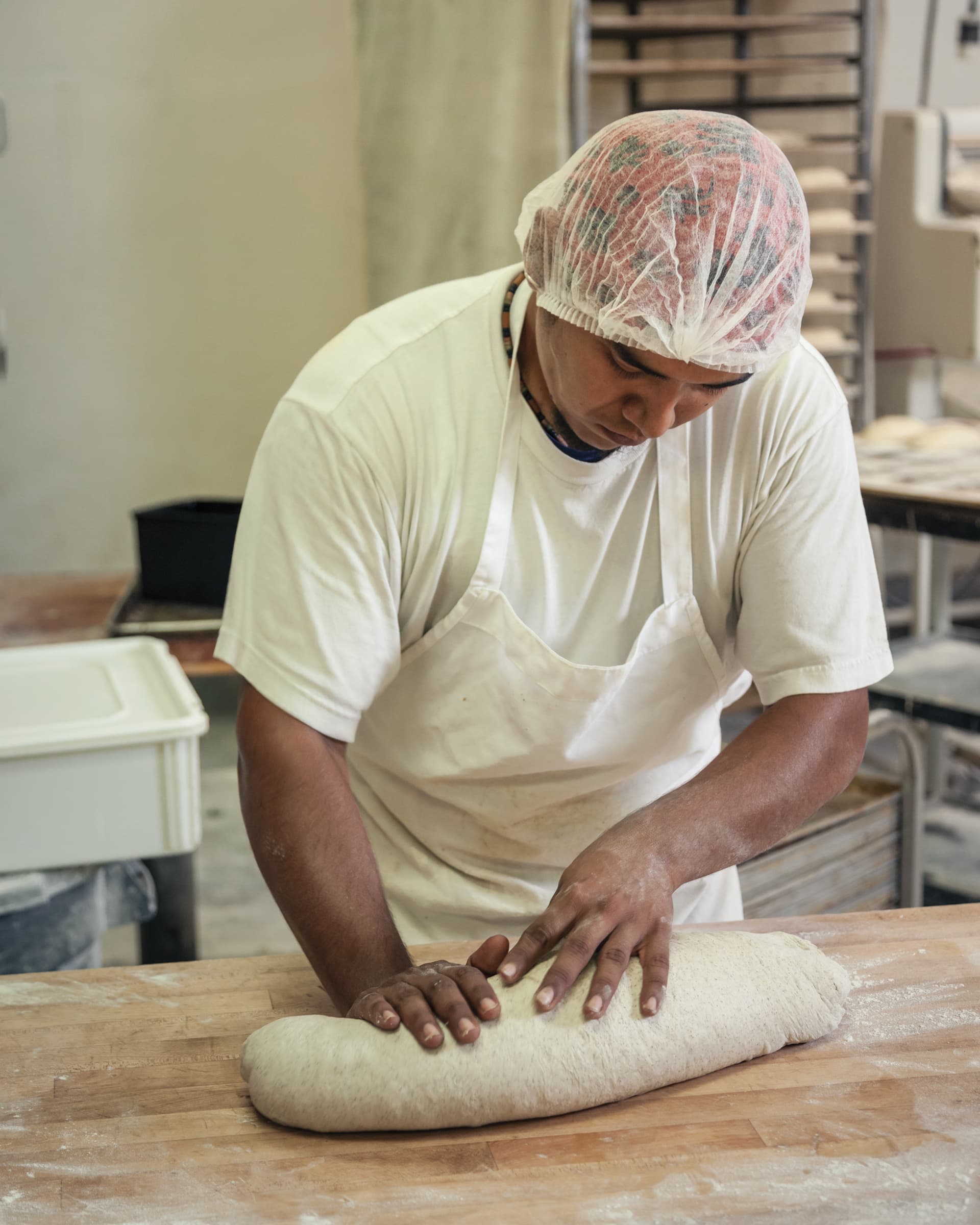
This isn’t upsetting to Ali; it is good business. His focus is on wholesale and reaching customers through markets and online sales, he explains.
“If you’re doing restaurants, you can’t focus on bread. Before Breadbar I was working on mostly real estate projects, shopping malls, big-size projects with a lot of people, or in finance. It was hectic and very stressful, and I decided that maybe I would try my hand at something small, local and where we produce something that we are very passionate about.”
During a visit to France, where Ali keeps a home, he met Princeton graduate and bread historian Steven Kaplan. Ali, who studied history at Princeton, explains that his interest in bread grew from an academic standpoint. He read Kaplan’s books on bread and learned from him that bread, which has been a staple for many civilizations, is also an important indicator for political and economic development.
In France, for instance, there is a regulation on the price of a baguette. Ali explains that is designed so every French person can afford a loaf of bread.
Interweaving his background in history, economics and business, Ali discovered his passion, which is more than selling bread. “It’s a vector of extending peace and love into households,” he says.





